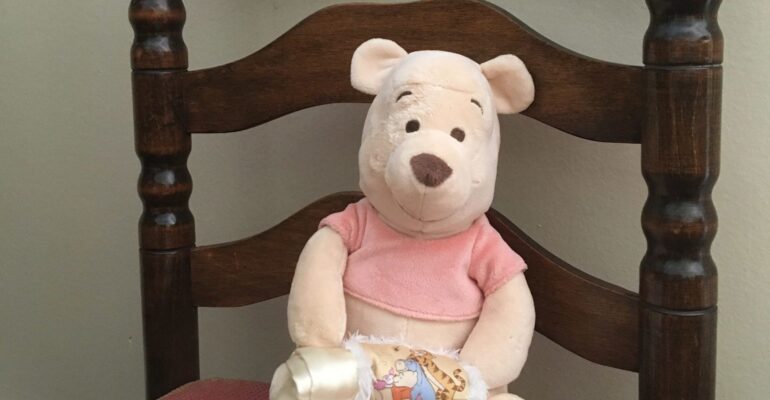 13 Jul 2020
13 Jul 2020
Parenting During a Pandemic
This week, our guest writer, Mary Tountas, Public Health Nurse with Toronto Public Health and Nobody’s Perfect parenting program Master Trainer, shares her reflections on parenting during a pandemic.
All parents and caregivers of children under 6 years old deserve a medal for having coped with these months of lockdown. Explaining to a young child why we are doing things so differently—in a way that they understand and without frightening them—is so important. We must be aware of the child's feelings of isolation without the company of friends, playmates, daycare, grandparents, aunts and uncles. Emotional well-being is as important as physical well-being, and the Nobody's Perfect parenting program—which can be accessed right now as an online parenting group—allows parents to discuss their children’s emotional well-being and expand their knowledge.
Like many parents I know, my daughter and son-in-law have come up with strategies to help them cope and try to maintain a routine. Continuing their child's education and monitoring progress all the while ordering groceries online, cooking, cleaning, working from home, and keeping their relationship in balance would be a juggling act for anyone. They have a busy 3-year-old and a busy soon-to-be 5-year-old who is worried they won't be able to have a birthday party in August. The concerns of children are real, and children need encouragement and help understanding our new way of life.
The pandemic has been a huge learning curve for all of us. Parents who have learned some of the Nobody’s Perfect concepts—namely the problem-solving approach—seem to be able to handle all this added stress a little better. Particularly when they have children of different ages, this approach can help them remember to allow for wherever the child is in their normal growth and development process. One strategy doesn't necessarily fit all, and caregivers and families with this background knowledge know and employ this. As L. R. Knost said, "Discipline is helping a child solve a problem. Punishment is making a child suffer for having a problem. To raise problem solvers, focus on solutions, not retribution.”
It's not easy for parents to find the right activities and tools for discovery and exploration, to allow for digging, pouring, painting, outdoor play, sunscreen, water play, reading, games, and artwork. But it’s important to continue the wonderful, essential sensory work and play that can keep any age group engaged and busy! Benjamin Franklin said, "Tell me and I'll forget. Teach me and I'll remember. Involve me and I'll learn." Experiential learning is at the heart of our Nobody’s Perfect programs, and it’s also fundamentally how children thrive. (Here are a few more of my favourite quotes about children learning and experiencing the outdoors.)
In some parts of the country, our social bubbles have expanded to 10 people, we can venture out wearing facemasks (remember children over 2 years old need to wear one!), and a physical distancing of 2 metres is the norm. Not knowing when we can hug and kiss our grandchildren is a frustrating feeling.
As Christopher Robin said to Winnie the Pooh, “You [parent] are Braver than you believe, Stronger than you seem, and Smarter than you think.” Kudos to parents for the great jobs they have been doing. Remember we strive to do the very best we can in any given circumstance. Keep up the good work, pat yourselves on the back, help each other out and consider joining a Nobody’s Perfect virtual parenting class!
Links:
Nobody’s Perfect website http://nobodysperfect.ca/home/
Mary Tountas, BScN, M.Ed.,IBCLC, CCHN (c)
Public Health Nurse, Toronto Public Health




Families Canada